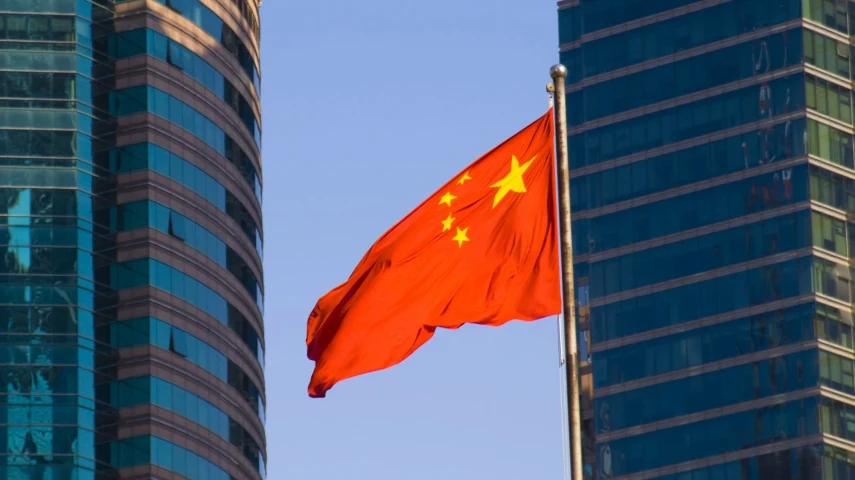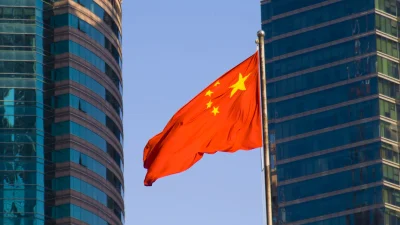Chinese tech sanctions have improved the competitive landscape for Asia: Fidelity



Worries about Chinese technology companies are not representative of all emerging markets, says Fidelity, as opportunities in the sector emerge in Korea, Taiwan and India.
Appearing on Money Management's Relative Return podcast, Gary Monaghan, investment director for Asian equities at Fidelity, shared his thoughts on the Chinese technology space from the firm’s Asian office in Hong Kong.
Fidelity is the winner of the Emerging Markets Fund of the Year at this year’s Money Management Fund Manager of the Year Awards for its Fidelity Asia Fund.
Chinese technology companies have been at the forefront of US economic sanctions in recent years as well as faced their own regulatory fines domestically.
In July 2023, Ant Group paid US$1 billion in penalties and Tencent was fined US$410 million for regulatory breaches while e-commerce giant Alibaba already paid an anti-trust fine of US$2.8 billion in September 2021.
A statement by the People’s Bank of China said that the “focus of the financial regulators has shifted from collectively rectifying the fintech businesses of tech platforms to business-as-usual supervision”, indicating its scrutiny over the past few years will be lessening.
But Monaghan said problems in China are not representative of the technology sector in Asia as a whole, particularly thanks to the dominance of semiconductor companies such as Taiwan Semiconductor and SK Hynix.
“China tech does not equal Asia tech. The Asian technology sector includes companies from South Korea, Taiwan, and you’ve got Indian outsourcing businesses.
“Pre-COVID, if we were talking about Asian tech companies, they were making memory chips, integrated circuit boards – all the semiconductor components. But a central risk was the emergence of cheap Chinese companies who could come in and offer the same product for cheaper.
“What the US sanctions have done is take away that competition and improve the competitive environment for Korean and Taiwanese companies […] this enables them to have more pricing power which, over time, ultimately feeds through to better revenues and higher margins.
“Now if I’m making a laptop or a tablet, I’m probably quite worried to put Chinese components in there because of the threat of sanctions down the track.”
The Fidelity Asia Fund, managed by Anthony Srom, has 32.9 per cent allocated to technology compared to a weighting of 23 per cent in the MSCI All Country Asia ex-Japan Index.
While China has the highest weighting at 38.1 per cent, it is followed by Taiwan in second place with 14.4 per cent, and South Korea with 11.8 per cent. Its top 10 holdings include technology firms such as Taiwan Semiconductor (TSMC), Focus Media Information Technology, South Korean chip maker SK Hynix, and Samsung Electronics.
Over one year to 31 July, the fund has returned 11.7 per cent versus returns of 9.9 per cent by its MSCI All Country Asia ex-Japan benchmark.
Recommended for you
Clime Investment Management has welcomed an independent director to its board, which follows a series of recent appointments at the company.
Ethical investment manager Australian Ethical has cited the ongoing challenging market environment for its modest decrease in assets over the latest quarter.
Commentators have said Australian fund managers are less knowledgeable compared with overseas peers when it comes to expanding their range with ETFs and underestimating the competition from passive strategies.
VanEck is to list two ETFs on the ASX next week, one investing in residential mortgage-backed securities and the other in Indian companies.















